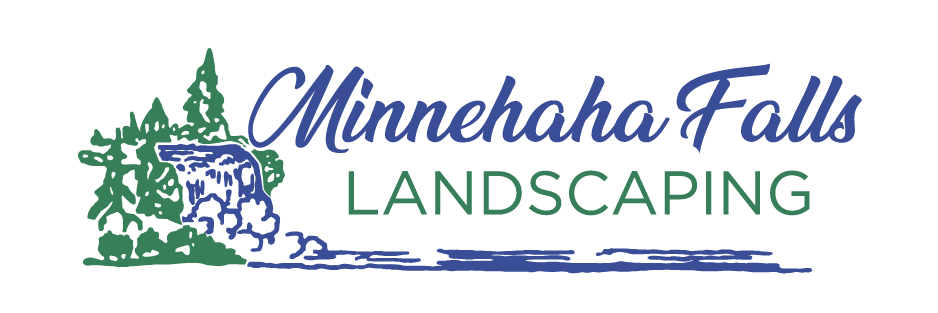"Listening" to the Plants
Posted:This might sound a little over the top for a dirt gardener, but I’ve been convinced that to truly learn to garden one must learn to listen to plants, they are biological encyclopedias of functional knowledge of health and abundance on Earth.




My mom taught me how to garden when I was a kid. We’d plant tomatoes, peppers, lettuce, and beans. We’d water and watch daily as the plants grew to fruition. As a teenager I got a job at a nursery and immediately started gardening at the first house I owned as a young man. At the nursery I learned to sell Miracle Grow and Round-up so as a first time home-owner I brought those products home and faithfully used them in my own home landscape.
I watched as my little plants from the nursery would stay fairly small and I noticed that the perennials I inherited with the house got smaller and smaller each year. I was certain that if a little Miracle Grow was good then a lot would be even better. My plants stalled out but I didn’t really connect the dots at the time.
Eventually I wound up working at another landscaping company and there I learned of the power of compost to help plants grow faster than my gardens at home had ever grown with all the “miraculous” products I was using. Learning about compost then and sparked an interest in me that has spanned my career and led to an educational process that has guided my decision making as a business owner.
Once I got compost involved in my gardening my plants started thanking me by growing with abandon. I learned the hard way that I hadn’t been paying attention or “listening” to my plants by watching their responses to my actions. Once I started listening closely, I learned that plants will basically tell you everything you need to know about a landscape. Moisture level, micro-climate, soil conditions, animal abundance, habitat potential, and overall health of the landscape are all right there present in the plants once we learn to start looking to them for answers to questions we have in the garden.
Plants will tell you, pollinators are important. Without pollinators about 80% of wild plants won’t make seeds, about 30% of the food we eat goes away without pollinators. Plants will tell you that healthy microbial ecology is important. Plants in health soil thrive while plants in soils lacking microbial plant partners are stunted and sickly. Plants will show us that clean water is important. Plant communities are abundant and diverse along shorelines of clean waterways while invasive species are often the only plants that can live along degraded waterways.
In the garden we are present with our greatest allies, our wisest teachers, and our most loyal friends, the plants. To own and operate a gardening company is among the greatest honors I can imagine. I am especially lucky to share in this labor of love with so many talented staff members here at Minnehaha Falls Landscaping. Together we’re bringing our clients the power to protect and grow ecosystems, clean water, and invigorate soils with health through our love of gardens.
